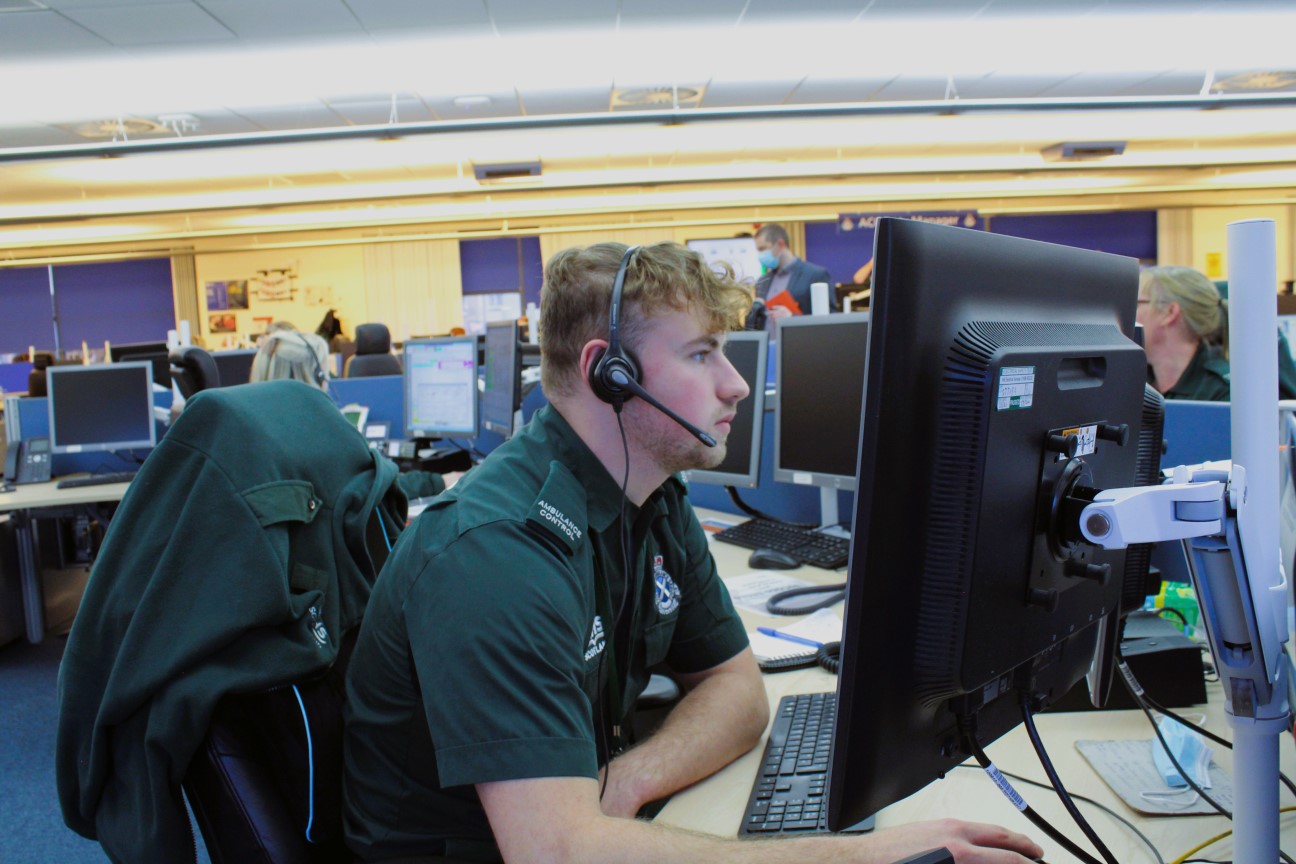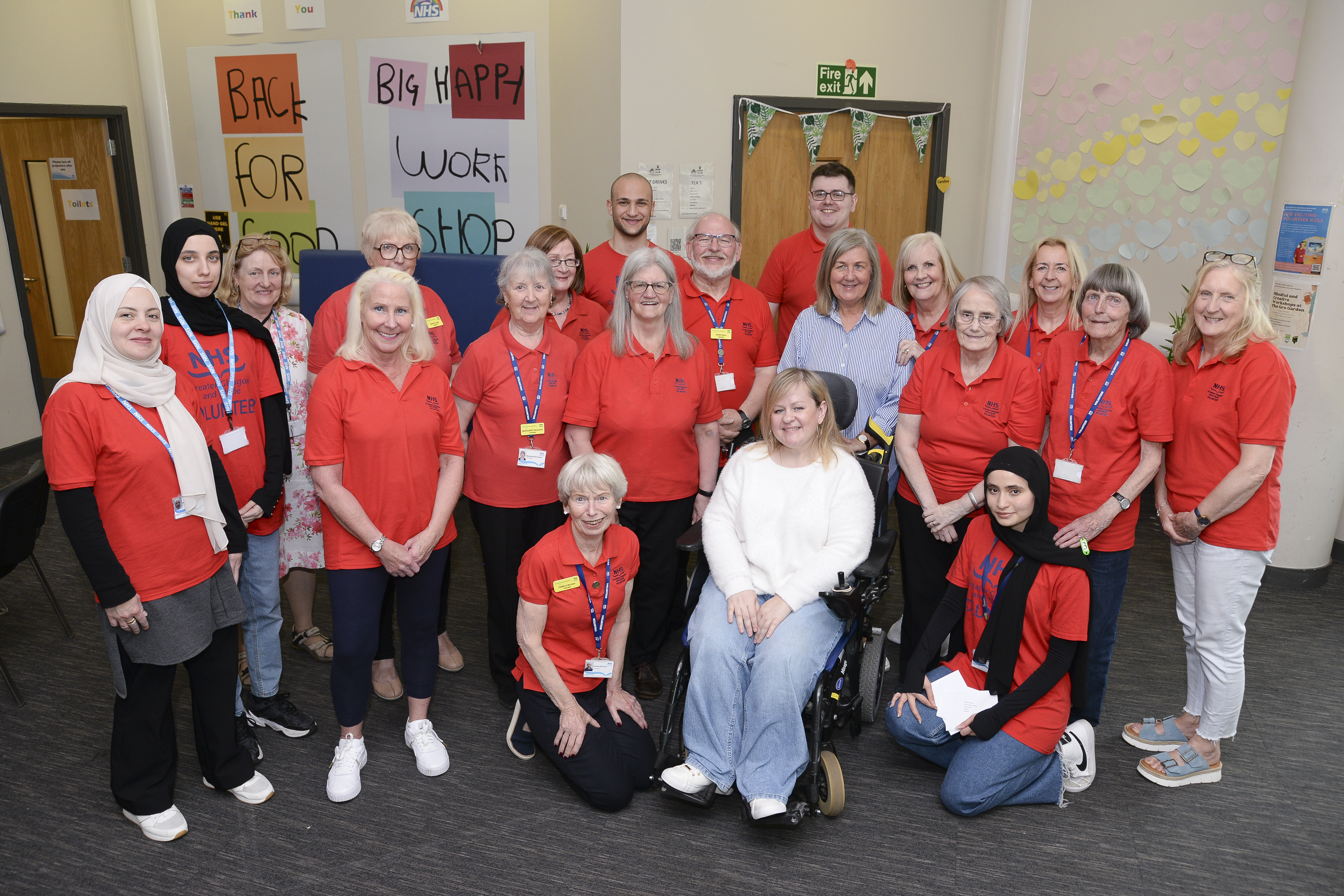Previous
Ambulance technician
To become an emergency call handler, you’ll need to complete a training programme delivered by the Scottish Ambulance Service. Once qualified, you’ll be ready to answer 999 calls on the front line of the NHS.
The first chain of survival in dealing with medical emergencies often begins with the emergency call teams. Emergency call handlers must remain calm under pressure. They help callers to provide the information needed for the best response to an emergency.

To become an emergency call handler, you need a good standard of education. Useful subjects include:

You may find it helpful to get some healthcare experience by doing a work placement or volunteering. You’ll get training, increase your knowledge, and learn new skills. This could help you when applying for a new job with NHSScotland.
The Scottish Ambulance Service has developed an in-house training programme specifically for this role. The programme includes:
You’ll start your training with an induction week, followed by 3 weeks of classroom training mixed with buddying over 10 weeks. After this, you can begin to work unaided.
As an emergency call handler, you’ll answer 999 calls from people in different medical situations. Your role will be to find out as much as you can from the caller and appropriately manage this information.
You’ll electronically record the details of the call, including the exact location and what happened. Then, you’ll pass the call to an emergency dispatcher who will make sure the right assistance gets to the patient.
You’re the first link in patient care and must provide reassurance that help is on the way. Callers may vary from members of the public to healthcare professionals or the NHS 24 service.
Find out more about working at the Scottish Ambulance Service.
Your main tasks could include:
You must be prepared to give basic first-aid advice to people facing life-threatening situations. You may have to guide someone through performing CPR, coach them through clearing an obstruction from someone’s airway or even help deliver a baby.
You’ll need these skills:
You could work with:
You will work in a control room as part of a team. It may be emotionally demanding, but it can also be very rewarding.
You’ll need to keep your skills and knowledge up to date throughout your career. The Scottish Ambulance Service will provide training specific to your role.
As an emergency call handler, you must complete 24 hours of continuous educational development every 2 years. This is required for recertification. You need to be a license holder to take 999 calls.
You can develop your career by becoming an emergency call dispatcher. Then, you can progress further by becoming a control room supervisor.
Alternatively, you could apply for an accident and emergency role. The ambulance technician programme will lead to a job as an ambulance technician.
Emergency call handlers can join the National Academy of Emergency Dispatch.

Discover the skills and qualifications you’ll need for each role and what the work will be like.
Explore careers
We'll guide you through the recruitment process, from applying online to interview preparation.
Help with recruitment